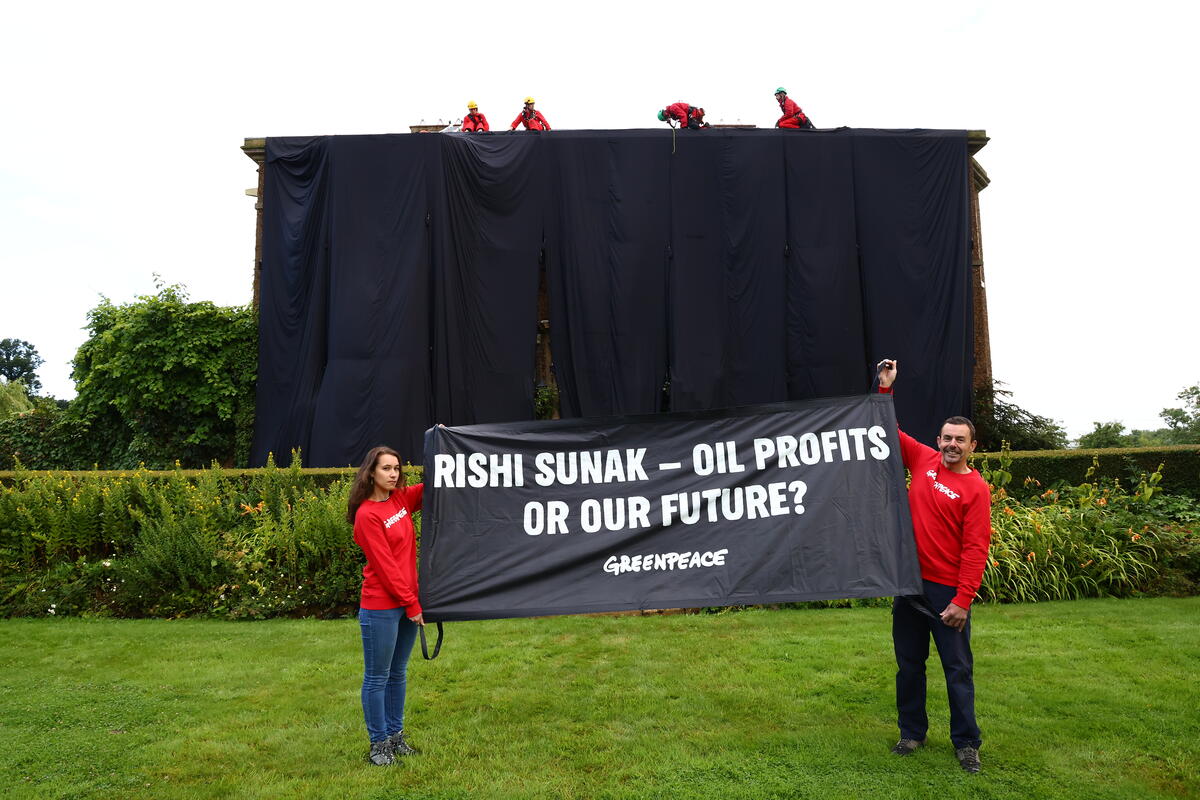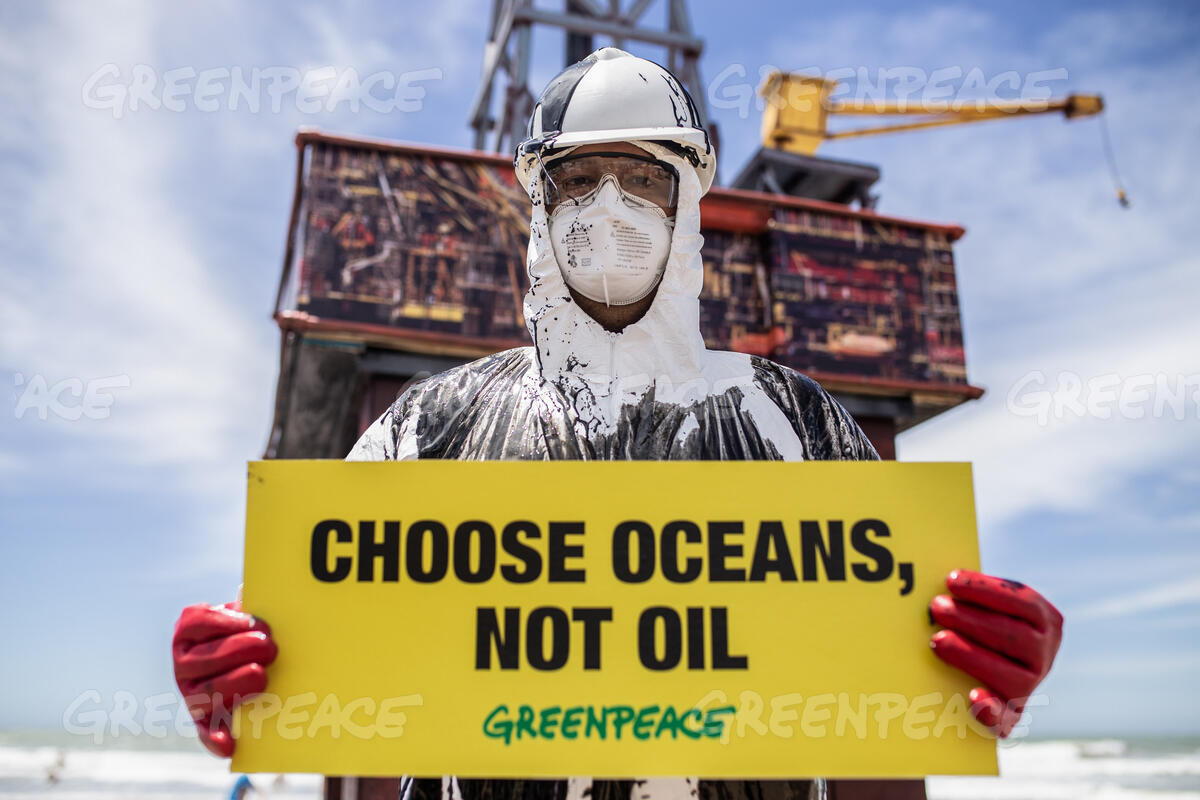The U.S. at a crossroads: How Donald Trump is criminalizing American politics
Henry Giroux, McMaster University
Donald Trump has made history again. He is the first president of the United States charged with attempting to overturn a presidential election, violating the rights of citizens to have their votes counted, tampering with a witness and obstructing an official proceeding, among other criminal offences.
He’s also the first president to be indicted. And this is his third indictment in four months — and all of this is playing out amid his campaign for re-election in 2024.
None of the charges brought against Trump are surprising. His legacy as an accused serial liar, self-serving crook, sexual predator and white nationalist
— coupled with his assaults on the courts and supporter of authoritarians globally — are well known.
In effect, he has become the chief annihilator of democracy.
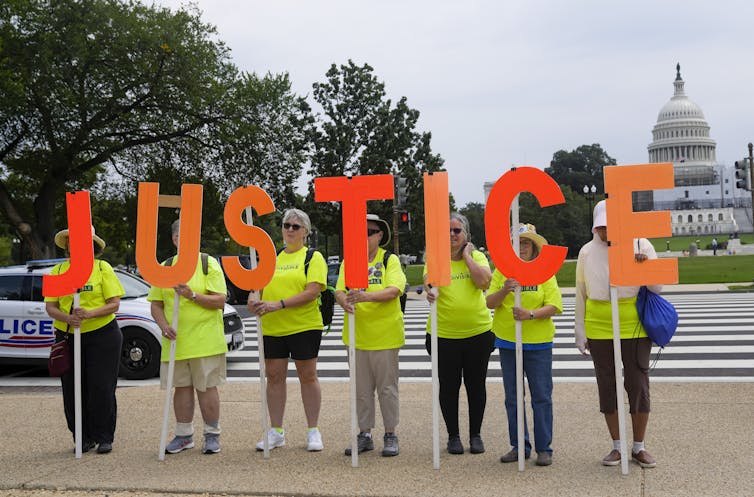
(AP Photo/Jess Rapfogel)
Racism, xenophobia
As Washington Post political columnist Max Boot has observed, Trump has made a mockery out of political leadership, embraced widespread corruption and provided a model for being one of the worst presidents in American history. Boot writes:
“He has trafficked in racism and xenophobia. He has incited violence. He has kowtowed to dictators and trashed our alliances. He has welcomed Russian attacks on our elections. He has locked children in cages. He has called for his opponents to be locked up.”
Put differently, Trump has criminalized both social problems and politics itself.
Trump and his allies have long created a culture of lies, illusions, cruelty and misrepresentation. He has waged an incessant attack on reason, critical thinking, informed judgment and social responsibility. His distaste for Black people, migrants and others he considers disposable is matched by his support for the financial and corporate elite.
His populist pose is not only at odds with his policies, such as reducing taxes for the rich and hollowing out the social safety net, but has also pushed American society closer to an upgraded form of white supremacy and fascism.
Yet, despite the damage Trump has done to democracy, he has almost complete support of the Republican Party and a majority of Republican voters — slightly more than 58 per cent say they still plan to vote for him in the 2024 presidential election if he wins the Republican nomination. He appears poised to clinch that nomination.
Even more troubling are recent polls indicating he’s in a dead heat with U.S. President Joe Biden if they’re the presidential nominees in 2024.
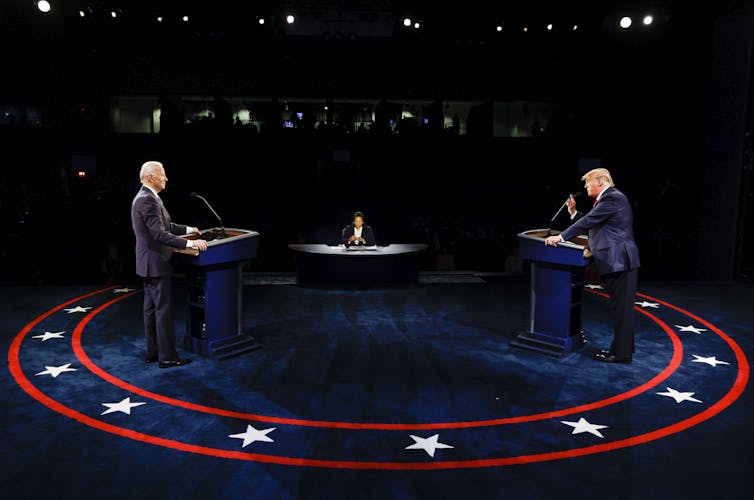
(Jim Bourg/Pool via AP)
What explains Trump’s appeal?
Most of media is focused on Trump’s legal troubles. But too little has been written about the conditions that have given rise to his authoritarian politics or why Trump is a national disgrace still backed by millions of Americans.
Trump’s grip on power is a collective nightmare that can only be understood in terms of the historical, economic, political and cultural conditions of which he is the endpoint.
As American anthropologist Wade Davis has observed:
“Odious as he may be, Trump is less the cause of America’s decline than a product of its descent.”
Trump embodies a society that has been in crisis for decades, but especially since the 1980s. This was a period when the right-wing counter-revolution emerged with the election of Ronald Reagan.

(AP Photo/File)
Since that time, the democratic values that informed the social contract and common good have been increasingly displaced by market values that stress self-interest, privatization, commodification, deregulation and the accumulation of profit and celebration of greed. Civic culture came under attack along with the erosion of the values of shared citizenship.
The market became a template for controlling not just the economy, but all of society. The language of rabid individualism replaced the notion of the common good and gave way to a disdain for community.
Snubbing social responsibility
Under the regime of neoliberalism, social responsibility is now viewed as a liability.
Government was discredited as a force for good, its public infrastructure was eroded and replaced by a culture of cruelty in which matters of compassion, care, and ethical responsibility began to disappear.
What emerged was society marked by precarity, loneliness and mass anxiety. The rising cult of individualism made it difficult for the public to translate private troubles into systemic considerations, weakening the public imagination. The rise of a media environment where politics becomes a form of entertainment helped silence any resistance to a growing culture of lies and greed.
Staggering levels of economic inequality also emerged, setting the ground for dark money shaping politics. This neoliberal poison helped to create a society of political monsters, immune to the virtues and conditions of democracy.
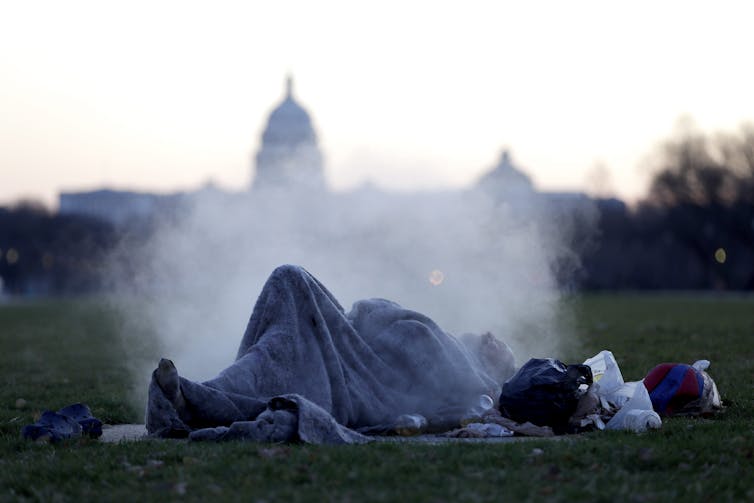
(AP Photo/Julio Cortez)
Democratic freedoms rooted in equality, freedom from fear, poverty and precarity gave way to what are known as ugly freedoms used to mine depths of hatred and selfishness, and redefine citizenship as the exclusive privilege of white Christian nationalists and radical evangelicals.
Harnessed to exclusion and bigotry, the language of freedom was invoked eventually by Trump and other Republican Party politicians to produce policies that have banned books, crushed dissent, limited classroom and workplace discussions about race, whitewashed African American history and justified a virulent anti-democratic politics that echo the ghosts of a fascist past.
America at a crossroads
The most important issues Americans face today are not solely about Trump’s corruption, lawlessness or open authoritarianism — it’s about learning from history.
We must rethink the lies that neoliberal capitalism have told us about how American society defines itself while rethinking what it will take to challenge and overcome the anti-democratic forces that gave rise to Trump.
The 2024 election should be about more than Trump’s ongoing legal travails. It should be a directive for what kind of society Americans want and what kind of future they desire for their children. They should regard the election as a choice between democracy and the further criminalization of American politics.![]()
Henry Giroux, Chaired professor for Scholarship in the Public Interest in the Department of English and Cultural Studies, McMaster University
This article is republished from The Conversation under a Creative Commons license. Read the original article.

